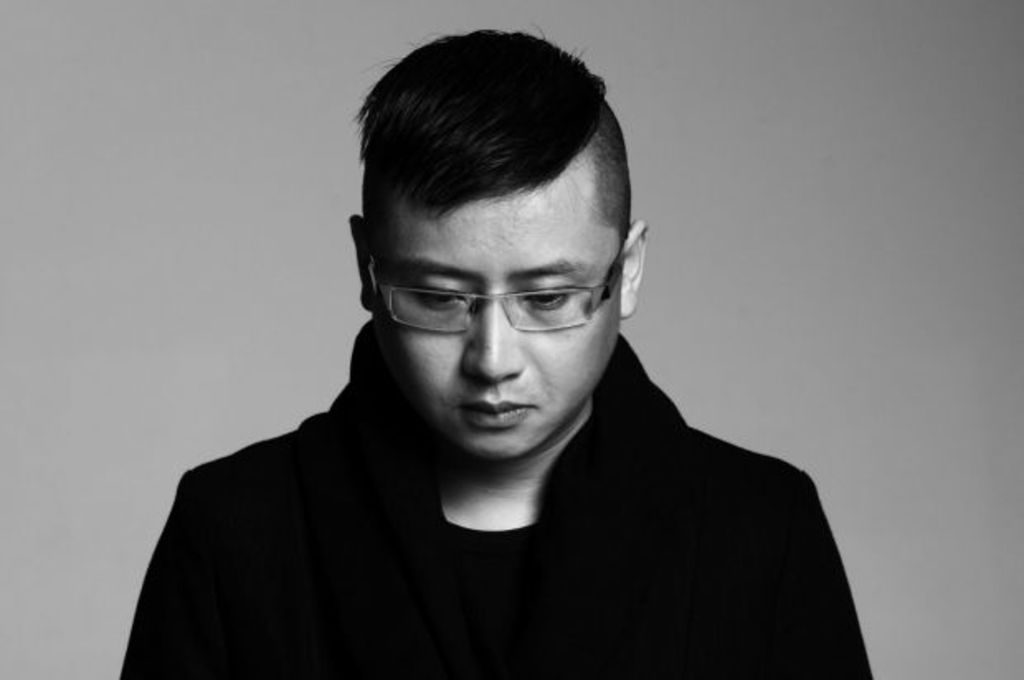Jamy Yang: growing movement trying to change the world's perceptions of China and design

Think design leaders and Scandinavia immediately springs to mind. China, perhaps not as much, if at all. But there is a small, growing movement trying to change perceptions of what China brings the world.
For a country that for millennia has produced unique handcrafts, the absence from the global stage has jarred many in design circles. The absence has instead been filled by imitation products that have fixed a perception that knocks-off are all China has to offer.
Leading the operation to change this view is Jamy Yang, a Shanghai-based industrial designer who has won a series of awards and recently opened the nation’s first private industrial design museum.
Yang won an IDEA design award last year for designing a tent and smart backpack that can be used for people displaced because of natural disasters, a China-first design, crucial in a country where residents can be living in temporary accommodation for years after disaster strikes.
Part of his design ethos – “whether design can change society” – can be attributed to early training in Germany, where he was a product designer for technology company Siemens.
Though Yang is keen to enhance China’s reputation, “I don’t want to design something just for the sake of it being Chinese”, and he bemoans China’s lack of impact globally in his line of work.
“China has no brands of global influence,” he said in a keynote address at Royal Selangor Design Week in Kuala Lumpur last month. “China has few antique products and no local industrial products.
“This lack of high quality design leads to production of low-quality copies which harms the image of the country … we think China is imitations.”
One of Yang’s homewares collections, Serenity, is sold in Australia through Royal Selangor. The range’s design is connected to the Chinese proverb: “zhi zhu change le”. Translated, this means: “He who knows contentment finds happiness”.
By incorporating traditional Chinese bamboo into Royal Selangor’s traditional pewter base, Yang has created a range that speaks to his heritage.
Royal Selangor’s partnership with Yang is one of many that the 131-year-old company has with emerging and established designers to enhance its own in-house product range.
Adrian Lowe travelled to Kuala Lumpur courtesy of Royal Selangor
States
Capital Cities
Capital Cities - Rentals
Popular Areas
Allhomes
More







